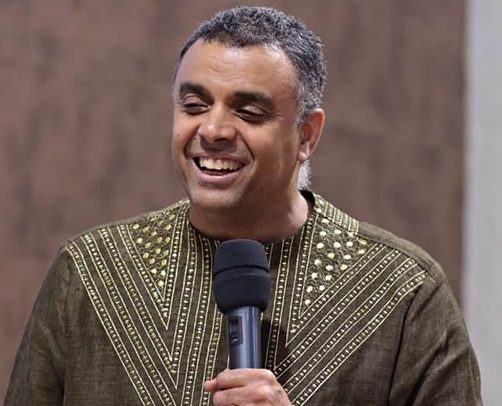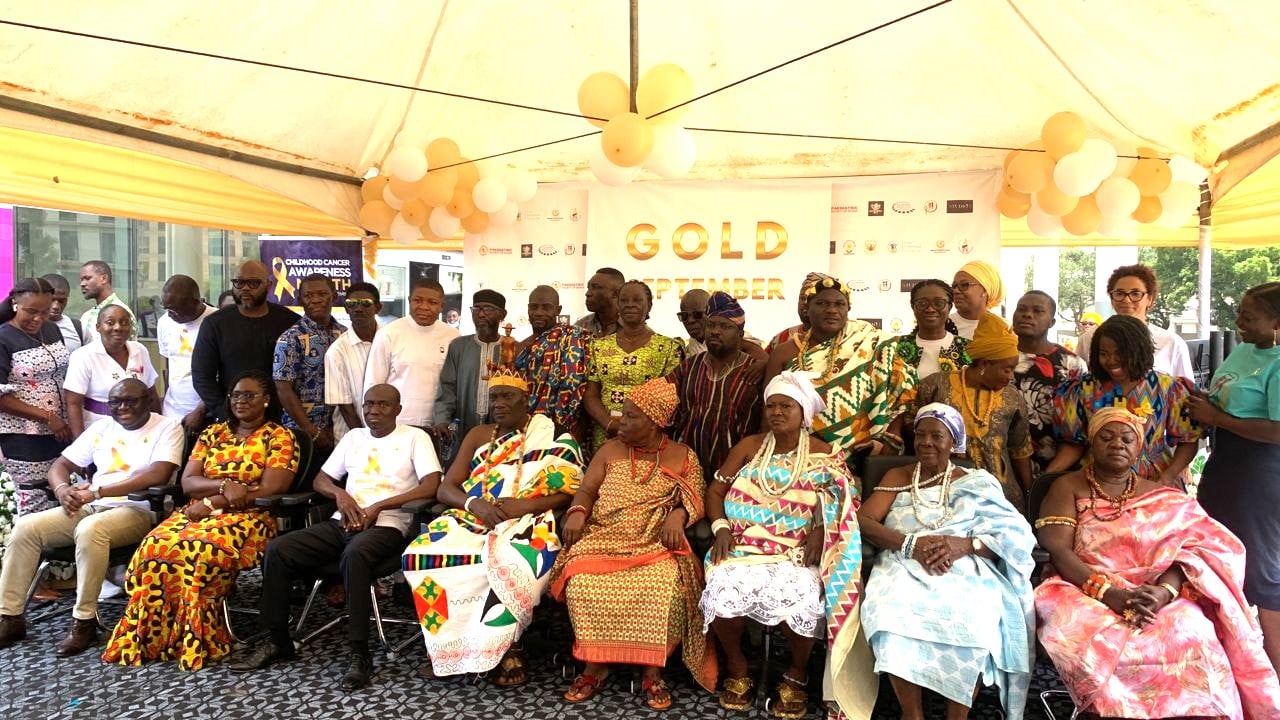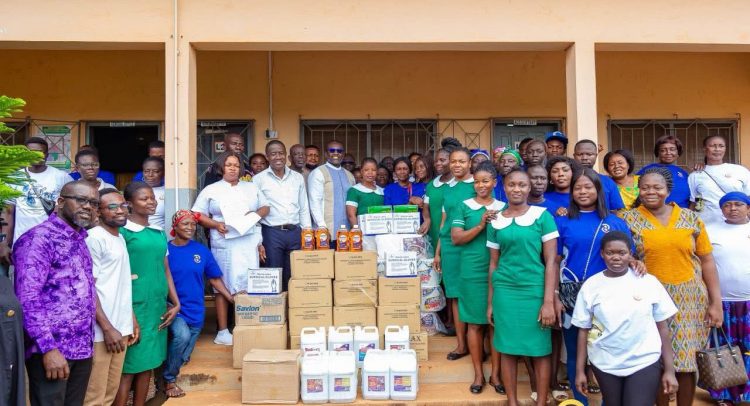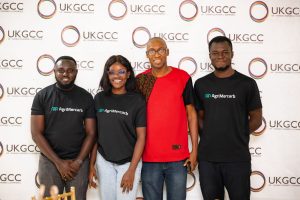
By Gideon MANKRALO
In July 2025, I was a guest speaker at a Labour and Employment Summit in Accra, Ghana, where I presented on ‘Bridging the gaps in the Africa Labour Market’. During the maiden panel session, an interesting event occurred.
The representative of the Organisation of Persons living with Disability (PWD) could not join other panellists on the podium to contribute to the discussions because there was no ramp (access) to help him ascend the podium. It was clear that this was an oversight, with no malice intended.
The representatives of the PWDs present at the event put up a strong protest and sent an unambiguous and poignant message to the attendees: “There is no amount of ‘after-the-fact-apologies’ that would be enough to assuage the everyday harm (discrimination) we cause our colleague PWDs by our negligence, unconscientiousness and irresponsibility.”
This was an everyday-lived experience of PWDs and it was simply unacceptable! It also became apparent that we needed to move away from the rhetorics and start taking deliberate and explicit actions to achieve the ideals of leaving no one behind as provided for in the 2030 Agenda for Sustainable Development. But isn’t this the promise of the just transition?
The global shift toward a green and environmentally sustainable economy presents both unprecedented opportunities and significant challenges. As nations respond to the climate crisis by decarbonising industries, promoting renewable energy and reforming labour markets, the transition must be inclusive, equitable and just. Central to this is the imperative to ‘leave no one behind,’ as enshrined in the United Nations Sustainable Development Goals (SDGs) and echoed in the International Labour Organisation’s (ILO) guidelines for a just transition. Among the groups most at risk of exclusion are persons living with disabilities (PWDs), who face systemic barriers to employment, education and participation in public life.
This article explores the importance of upholding the imperative of leave-no-one-behind in the green transition and outlines practical measures to overcome the challenges faced by PWDs, especially in Africa.
Globally, over 1.3 billion people, roughly 16 percent of the population, live with some form of disability (WHO, 2023). The ILO (2025) estimates that 10–20 percent of people in African countries are living with a disability. There are a wide range of disabilities, including hearing impairment, visual impairment, physical disability, bipolar, epilepsy, autism, leprosy, dwarfism, albinism, cerebral palsy, sickle cell disease and Parkinson’s disease’. Other disabilities include intellectual disability, Alzheimer’s Disease, mental illness, depression, down syndrome, multiple sclerosis, post-traumatic stress disorder (PTSD), attention deficit/hyperactivity disorder (ADHD), anxiety, language disorder, schizophrenia, cancer, among many others.
These individuals face significant barriers in accessing education, employment, healthcare, information, opportunities and social protection.
Suffice, it does appear that whereas disability inclusion finds expression in mainstream climate and labour policies in many African countries, there remains to be seen deliberate actions to walk-the-talk by integrating PWDs into our societies through the provision of the right infrastructure and creating the enabling environment for their potentials to be fully employed for national development.
The Africa Center for Energy Policy (ACEP 2020) reports that in Ghana, in spite of the fact that the 1992 Constitution, the National Disability Policy, the Persons with Disability Act (Act 715), the Labour Act (Act 651) as well as other international conventions to which Ghana has signed on such as the UN Convention on the Rights of Persons with Disability, 2006; the African Charter on Human and People’s Rights; the African Decade of the Disabled 2000-2009; and the Sustainable Development Goals (SDGs), all recognise the rights of PWDs, the talk of inclusion is far from becoming a true conscious walk.
Seeing the unique challenges PWDs face in how they are directly impacted by climate change as well as the obstacles they face in taking advantage of emerging labour market opportunities, some experts fear that the transition to a green economy, if not well managed, could widen existing inequalities by:
- Displacing workers in carbon-intensive sectors without retraining opportunities for disabled workers
- Creating new green jobs that are inaccessible to PWDs due to physical, informational or attitudinal barriers
- Developing infrastructure and technology that does not follow universal design principles
- Excluding PWDs from decision-making platforms related to environmental and labour governance.
Therefore, unless intentional steps are taken, the green transition may inadvertently perpetuate exclusion and deepen the socio-economic marginalisation of persons with disabilities, especially for those in Africa. We note that underlining the several challenges that may hinder the full participation of PWDs in the green economy, the issue of ‘access’ has become the most paramount. To ensure that PWDs are not left behind on the green transition, we propose the following:
- Integrate disability in policy and planning
Nationally Determined Contributions (NDCs), just transition frameworks and climate action plans should explicitly address disability inclusion. This includes setting targets for participation of PWDs in green employment and training programmes, and ensuring policies are aligned with the UN Convention on the Rights of Persons with Disabilities (CRPD).
- Invest in accessible education and training
Green skills programmes should be adapted to accommodate different types of disabilities. This involves:
- Providing materials in braille, sign language and easy-to-read formats
- Ensuring training venues are physically accessible
- Equipping trainers with knowledge and tools for inclusive pedagogy
- Promote inclusive employment practices
Governments and businesses should offer incentives for hiring PWDs in green sectors. Measures include:
- Enforcing anti-discrimination laws in recruitment
- Supporting workplace adjustments and assistive technologies
- Recognising inclusive employers through awards or tax breaks
- Build accessible infrastructure and technology
All public infrastructure linked to the green transition such as renewable energy systems, public transport and housing should follow universal design principles. This enhances usability for everyone, including persons with disabilities; and improves overall efficiency.
- Strengthen representation and data collection
PWDs must be represented in policy-making spaces related to climate and labour. This requires:
- Involving disabled persons organisations (DPOs) in policy dialogue
- Collecting disaggregated data to monitor inclusion outcomes
- Conducting disability impact assessments of green programmes
The green transition offers a rare opportunity to reshape economies in a way that is not only environmentally sustainable but also socially just. Leaving no one behind must not be a rhetorical aspiration but a practical commitment backed by policies, investments and accountability mechanisms.
For persons living with disabilities, inclusion in the green economy is both a human rights obligation and a smart development strategy. We must ensure that persons with disabilities are not an afterthought, but central actors in shaping the green future. Inclusion is not charity: it is justice. And a just transition must be a transition for all.
Where and how do we start? The lowest hanging fruit is about ensuring – through intentional and deliberate actions – that our events become fully accessible to PWDs in such a way that they can participate meaningfully!
About the author
Gideon Mankralo (BA, LLB, MPA) is an ardent advocate of the SDGs, especially on climate action, decent work and economic growth. He has specific interests in environmental law and policy, just transition, green jobs and skills development, youth, gender and inclusion. He currently works with the International Labour Organisation (ILO) to promote green and digital jobs and skills development in Ghana.
The post Advancing a green transition that leaves no one behind: Making a case for PWDs appeared first on The Business & Financial Times.
Read Full Story











Facebook
Twitter
Pinterest
Instagram
Google+
YouTube
LinkedIn
RSS